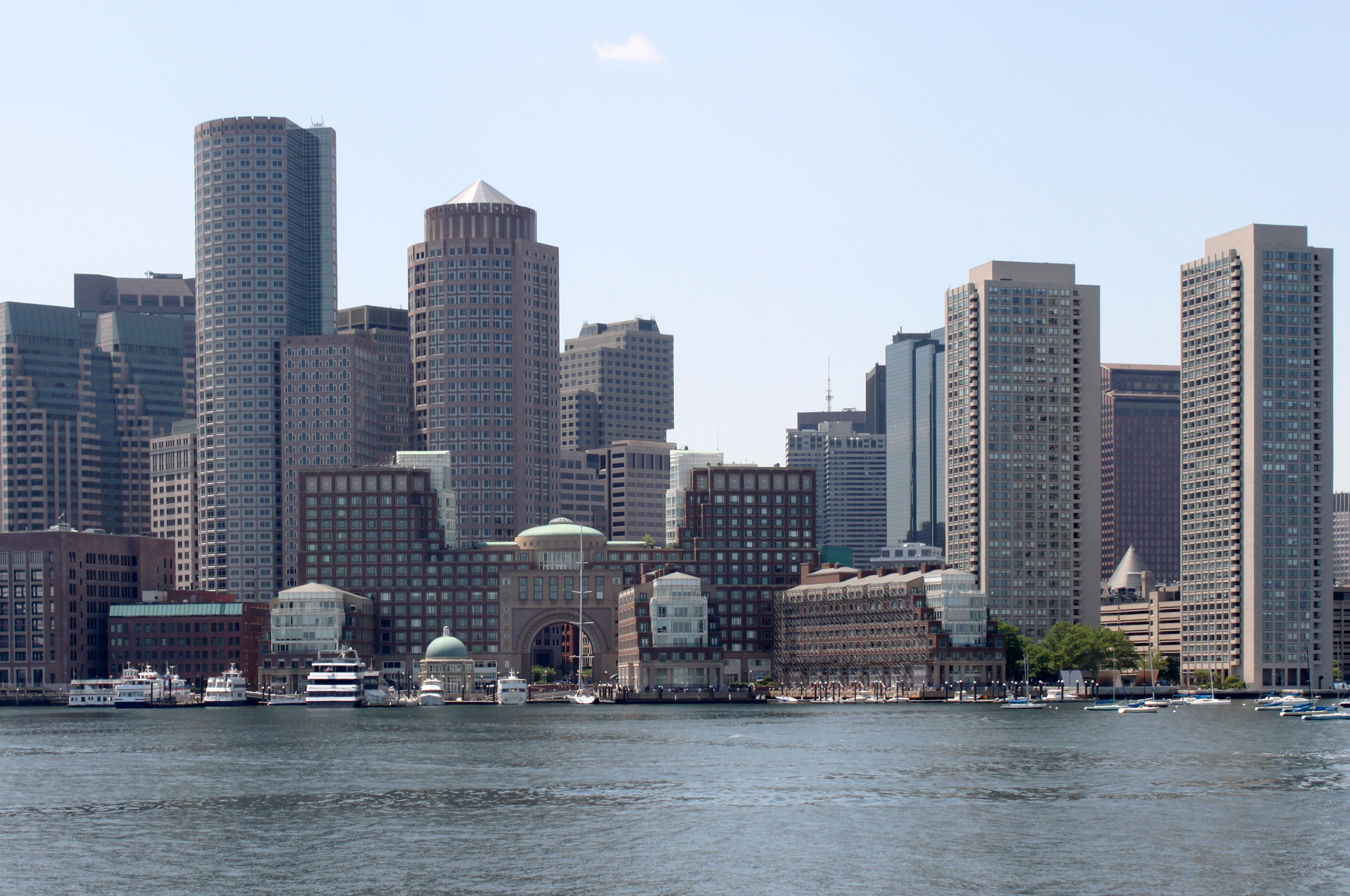Friday April 19, 2013
The sirens are still screaming past my home in Cambridge. They did the same on Monday outside my office just before 3:00 p.m. when the news was not yet known but the portent of something momentous suspected. The sound then grew and grew until thinking was difficult. Meeting faces and concerns in the corridors of NEC and outside on the street with people who were actually there, who had been at the finish line just a second before, or were half a block away.
The questions, the need to share this awfulness, the warmth of people’s humanness in wanting to console and be consoled, was about the best of ourselves, our lives, our species. But there was that almost overwhelming darkness. The darkness that reminded one of 9/11, of horror, of the tumult and chaos that man can create in his most nihilistic and destructive state.
Then we learned of one of our students caught in the second blast, thrown headlong to the ground and taken to hospital. That sharp intake of breath, that feeling of incredulousness, of someone we know and love and admire, caught in the vortex of this craziness. Finally we hear she is ok, but traumatized and the next day she flies home to be cosseted and loved by her family. Of course, we offer counseling to our students, but faculty speak of individuals suddenly crying “for no reason” in a lesson. That darkness is in the air, in the walls, in our gazes and voices.
But then there is music. The balm of our lives, touching our souls and feeding our creativity with its poetry, its architectural purity, turning us away from the darkness. First the Wind Ensemble with Charles Peltz, then the Chamber Orchestra, Randy Weston with the student jazz big band, leading us like an army of mighty musical heroes. We become the band of brothers in our civilization’s aspiration for peace and we reach out to our audiences and community with the salve of music.
This terrible week will stay in our memories. It is with us now. Unresolved. A scream like the mighty dissonance of that Mahlerian scream in his 10th Symphony. But we will conquer its summit and plumb its depths. We will be stronger and give more of ourselves because we have been reminded of how precious life is and how precious our human connections.


No comments yet.
Add your comment